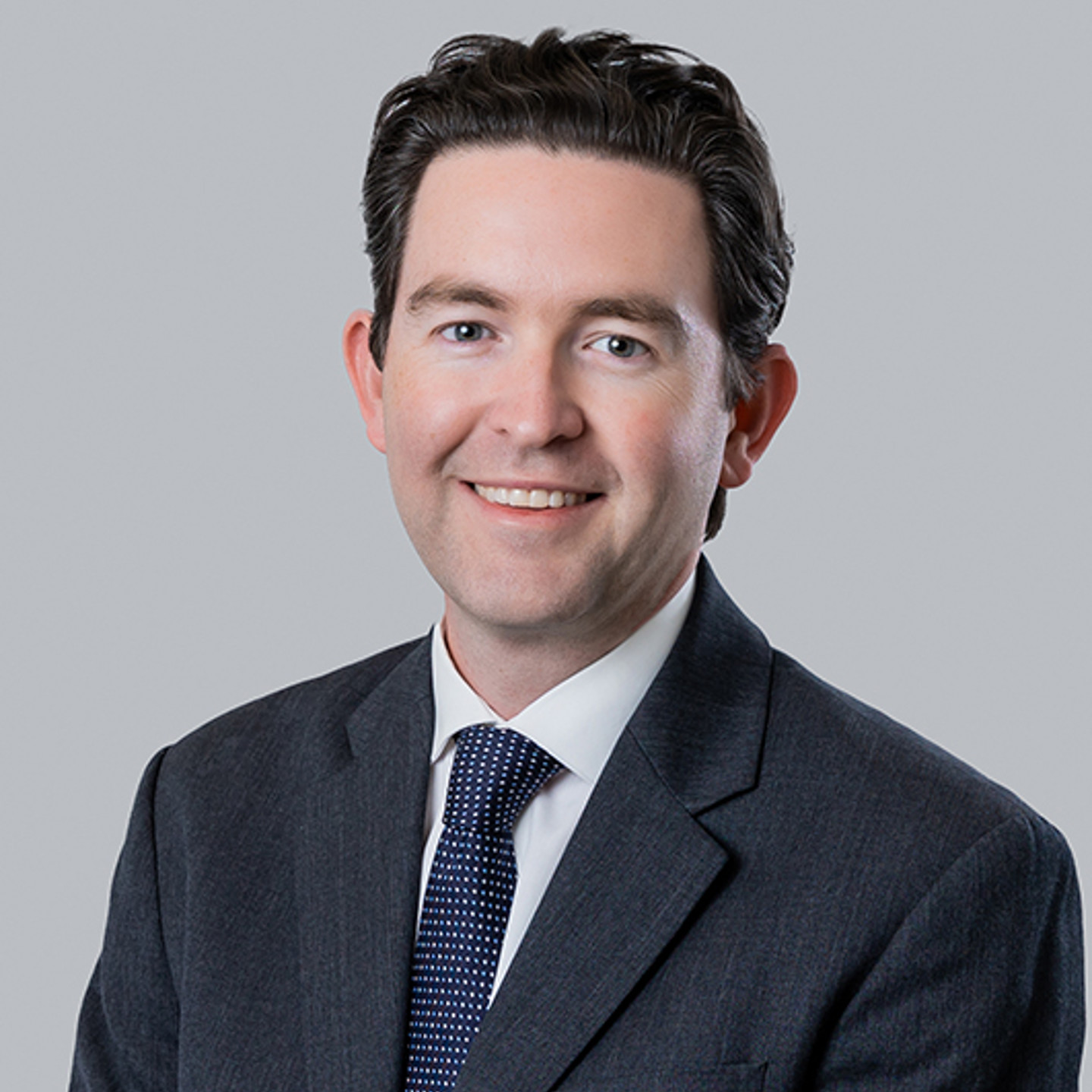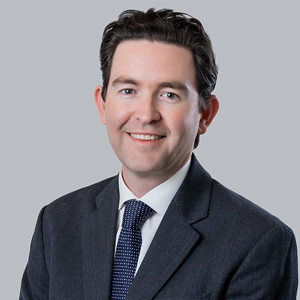
Anthony Partridge
Partner | Legal
Cayman Islands

Anthony Partridge
Partner
Cayman Islands
No Content Set
Exception:
Website.Models.ViewModels.Components.General.Banners.BannerComponentVm
Given the international nature of the private wealth, trust and estate work done in IFCs like the British Virgin Islands (the BVI), the Cayman Islands, Guernsey and Jersey (where Ogier has a presence), it is not uncommon to have to advise on how to deal with a deceased person's estate, where the person in question had significant assets in those jurisdictions but was resident elsewhere.
The legal systems in all four of those jurisdictions were originally based on English law so they each have similarities and will appear familiar to many. However, each also has its own, jurisdiction-specific legislation and rules, and understanding those rules is vital in ensuring that managing an estate is done smoothly and without difficulty or delay.
The challenge is exacerbated further by the fact that the affairs of wealthy families can often be truly international – and that probate evidence around the world can vary considerably. As a result of these complexities, and a lack of understanding of the probate process, we see a high number of instances where handling a deceased person’s estate runs into trouble, often unnecessarily.
So how can internationally mobile families with assets in such jurisdictions look to address some of the challenges that might arise when dealing with a deceased persons’ estate?
The starting point is to recognise that an order from the local court will be needed to deal with the transfer of assets located in each jurisdiction. It is fairly easy to work out where real estate is located but it can be harder with moveable property such as shares in companies or where assets are held by a professional advisor on a nominee arrangement.
Where a person owns shares in a Cayman Islands fund or a BVI company, for example, he or she may not realise that, on their death, there is a separate court process that has to be completed in order for those shares to be dealt with, whether that is being sold or transferred to a family member.
In most of the aforementioned jurisdictions where Ogier has a presence, unless an application is contentious, the process is not normally heard in open court but rather it is usually dealt with on the papers either by a registrar or by a judge in chambers, without the need for a hearing. Jersey is slightly different in that the legally entitled person (being the executor or administrator) has to make an actual physical appearance in the Jersey Court in front of the Registrar to make the required application.
Where a will names an executor, that person can apply for a grant of probate, and where there is no will (or no will that names an executor), a family member can apply for a grant of letters of administration. The administrative side of the procedures is similar but there are important differences. For example, where there is no named executor, the law decides who can apply to court.
In the Cayman Islands and BVI, in relation to a non-domiciled deceased, that person is (i) the person named by the court in the deceased's domicile, or (ii) if there is no such person, then the person entitled to the estate under the law of the deceased's domicile. There is also a final category that gives a judge the discretion to appoint another person but this is rarely used in practice and the applicant would need to demonstrate good reasons for a grant to be made in his or her favour.
The area of deceased estates is one where there are a lot of misconceptions and it is one where the conflict of law rules come into play regularly. The BVI, the Cayman Islands, Guernsey and Jersey, apply local rules to the succession to real estate but apply the law of the deceased's domicile to the succession to moveable property.
This means that the offshore lawyer needs to work closely with onshore counsel to make sure that, when carrying out any lifetime planning, the client's wishes are met and that, after the client has passed away, his or her family understands what the administrative procedure is, who can apply for a grant and who inherits the estate.
In order to provide certainty as to who can apply for a grant and who can inherit, it is advisable to put in place a will and it is generally considered best practice to put in place a separate will in each jurisdiction in which that person owns assets.
One of the biggest challenges in the area of deceased estates is the delay between the date of death and obtaining a grant. The delays can hold up beneficiaries realising liquid assets at a time when cash is needed most or they can seriously impact on the day-to-day operation of companies where, for example, the deceased is also the sole shareholder.
There are many reasons for delays; naturally families are upset following the death of a loved one and dealing with assets in a foreign jurisdiction may not be a priority; the family may not realise that a separate process from the one where the deceased lived is needed; disputes can arise where a deceased person has not taken steps to decide for him or herself who should inherit his or her estate, and; the service standards provided by probate registries vary from jurisdiction to jurisdiction and from court to court.
The best way to give clients certainty in relation to what happens after their deaths, is to take specialist legal advice in each jurisdiction in which they own assets. The solution may be as simple as writing a local will, or the best solution may be more complex involving trust planning.
Each of the jurisdictions mentioned in this article has a sophisticated trusts law which offers many advantages to holding assets personally, including the fact that, as assets are not in a deceased person's name, there is no need to apply to court for a grant.
Anthony Partridge is a partner in Ogier's Cayman team, specialising in private client and trusts work and probate and estates. He is a Cayman Attorney, and one of the few local practitioners to have developed an extensive probate practice. He is part of Ogier's international probate and estates team covering BVI, Guernsey and Jersey, and part of the trusts team recently named International Legal Team of the Year by STEP.
Fraser Allister is an associate in Ogier's Cayman team, and is qualified in both BVI and Cayman. He has significant expertise in the intergenerational transfer of wealth, with particular emphasis on succession planning for family owned businesses, and a strong background in trust and tax matters.

Anthony Partridge
Partner | Legal
Cayman Islands

Anthony Partridge
Partner
Cayman Islands
Ogier is a professional services firm with the knowledge and expertise to handle the most demanding and complex transactions and provide expert, efficient and cost-effective services to all our clients. We regularly win awards for the quality of our client service, our work and our people.
This client briefing has been prepared for clients and professional associates of Ogier. The information and expressions of opinion which it contains are not intended to be a comprehensive study or to provide legal advice and should not be treated as a substitute for specific advice concerning individual situations.
Regulatory information can be found under Legal Notice
Sign up to receive updates and newsletters from us.
Sign up
No Content Set
Exception:
Website.Models.ViewModels.Blocks.SiteBlocks.CookiePolicySiteBlockVm